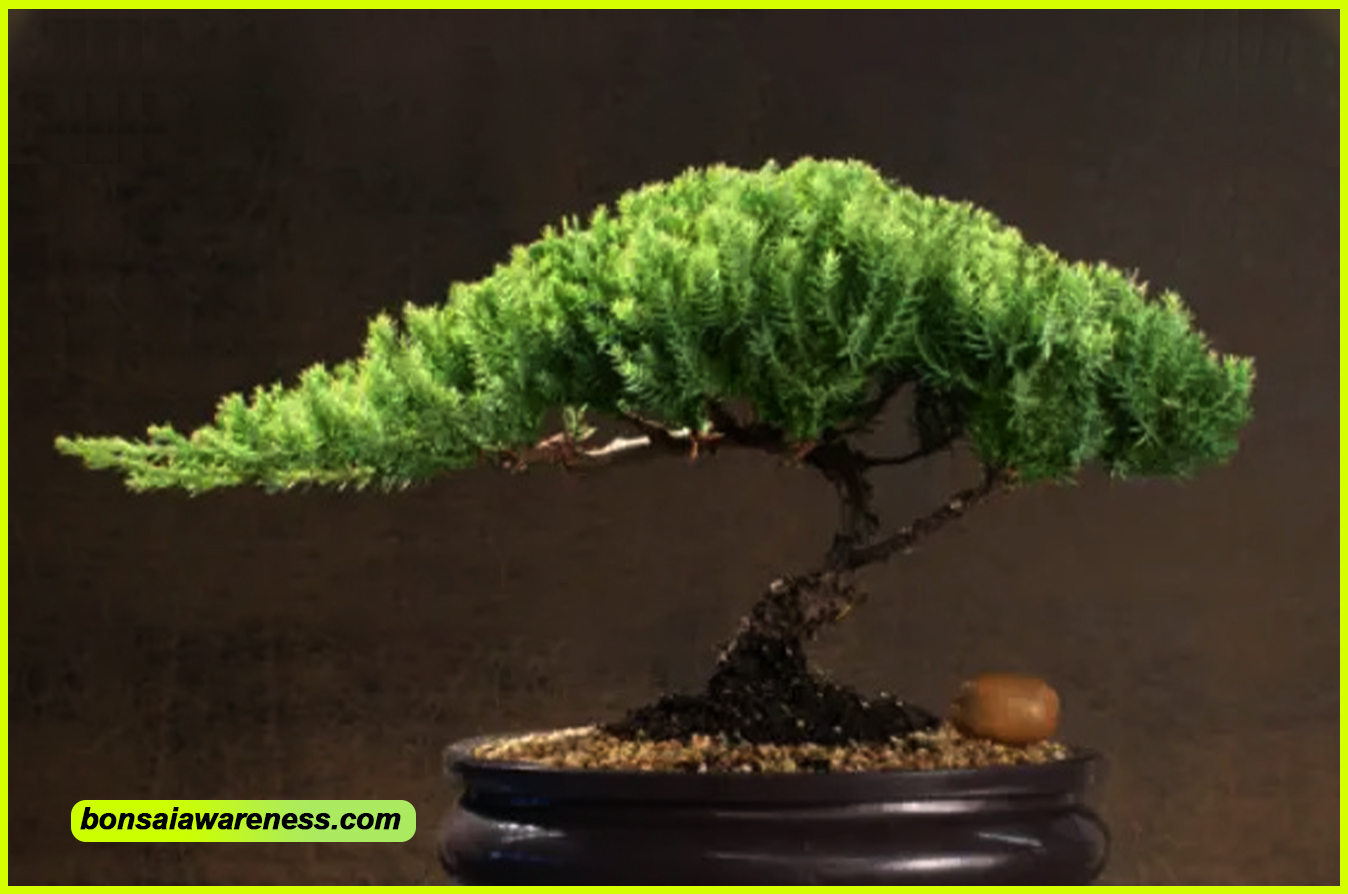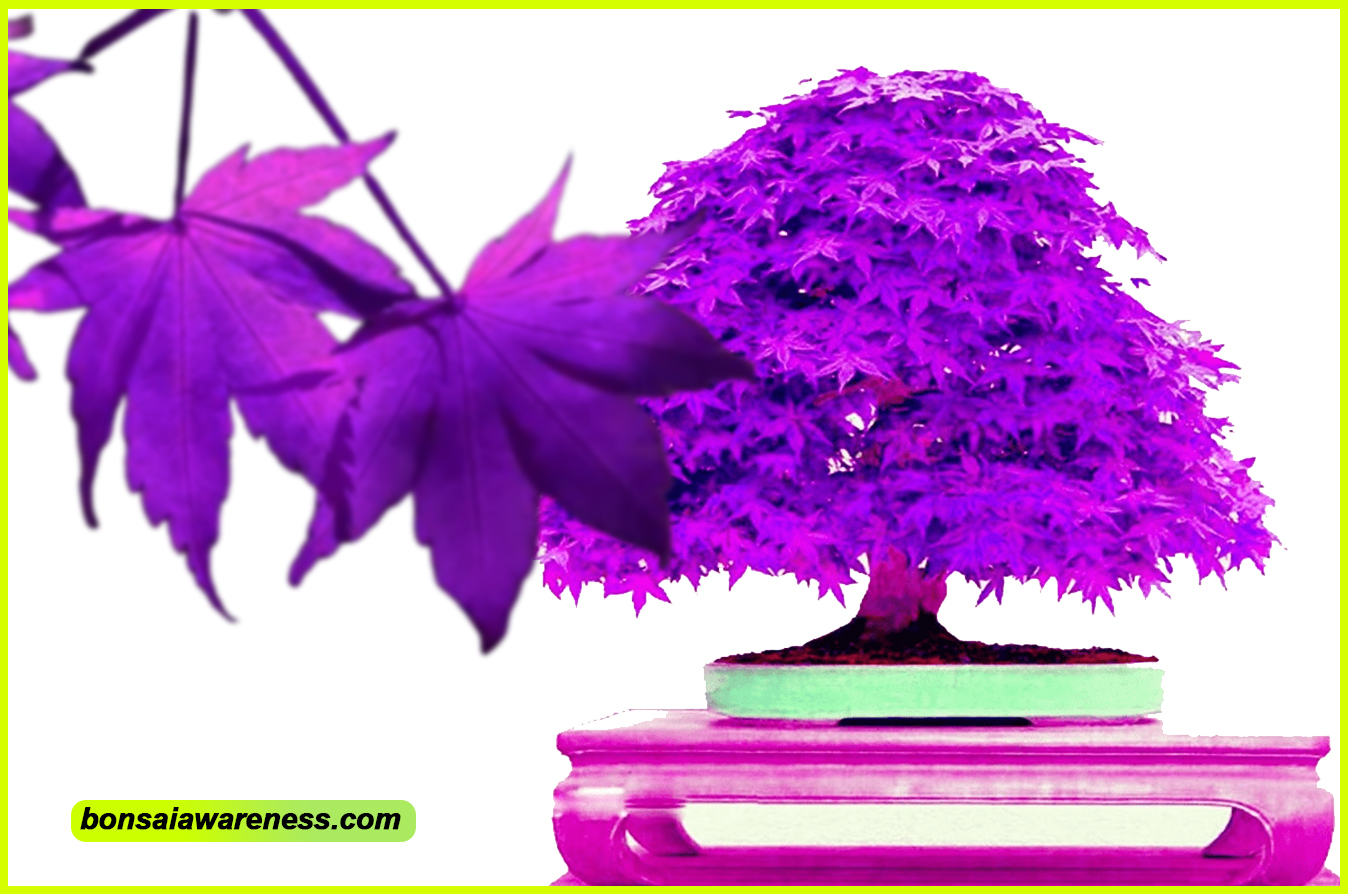The best soil for Ficus Bonsai is a well-draining soil mixture with good water retention. Ficus Bonsai thrive in a soil mixture that consists of equal parts of loam, organic matter, and pumice or perlite.
This type of soil allows for proper drainage while also retaining enough moisture for the bonsai’s root system. A well-aerated soil is essential for promoting healthy root growth and preventing root rot. The loam provides the necessary nutrients for the bonsai trees, while the organic matter helps retain moisture and improve soil fertility.
The addition of pumice or perlite ensures proper drainage and prevents waterlogging. Overall, a balanced soil mixture is crucial to maintaining the health and vitality of Ficus Bonsai.
1. Choosing The Right Soil
Importance of Soil for Ficus Bonsai: The soil you choose for your Ficus Bonsai is crucial for its overall health and growth. The right soil provides the necessary nutrients, aeration, and drainage to ensure the bonsai’s roots thrive.
Factors To Consider In Choosing Soil
| Factor | Description |
|---|---|
| 1. Soil Composition | The soil should be well-draining and porous, allowing for optimal oxygen flow and preventing root rot. A mix of organic matter, such as compost or peat moss, and inorganic materials, such as perlite or pumice, creates a balance. |
| 2. Water Retention | The soil should retain enough moisture for the bonsai’s roots without becoming waterlogged. It should strike a balance between retaining moisture and allowing excess water to drain away. |
| 3. Nutrient Availability | The soil should provide essential nutrients necessary for the bonsai’s growth. This can be achieved by incorporating organic fertilizers or slow-release bonsai-specific fertilizers into the soil mixture. |
| 4. pH Level | The soil’s pH level should be slightly acidic to neutral, around 6.0 to 7.0, which promotes healthy root development and nutrient absorption. |
2. Characteristics Of Ideal Soil
The ideal soil for a Ficus Bonsai should have specific characteristics to suit its needs. One crucial characteristic is good drainage. This helps prevent waterlogging and ensures that the roots do not rot. Another important quality is moisture retention. The soil should retain enough moisture to keep the roots hydrated but not excessively wet. Aeration is also essential as it allows oxygen to reach the roots, helping in their growth and development. Lastly, the soil should possess nutrient retention capabilities, ensuring that the plant receives essential nutrients for healthy growth. A balanced mix of organic materials, such as peat moss and perlite, is generally used to achieve these characteristics.
3. Types Of Soil For Ficus Bonsai
Ficus bonsai thrive best in well-draining soil. The three types of soil recommended for ficus bonsai are akadama, pumice, and lava rock. These soil components promote healthy root growth and prevent waterlogging.
Ficus bonsai trees require specific soil conditions to thrive. Here are three types of soil that are suitable for growing healthy Ficus bonsai:
| Type of Soil | Description |
|---|---|
| Organic Soil Mix | Made from a combination of organic matter such as peat moss, compost, and pine bark. It provides essential nutrients, retains moisture, and promotes root growth. |
| Inorganic Soil Mix | Consists of inorganic components like akadama, pumice, and lava rock. This type of soil mix ensures good drainage, aeration, and prevents root rot. |
| Combination Soil Mix | A blend of organic and inorganic soil components. This mix offers the benefits of both organic and inorganic soils, providing a well-balanced environment for the bonsai tree. |
It’s important to note that the type of soil for Ficus bonsai may vary depending on factors such as climate, watering habits, and the specific needs of your tree. Experimenting with different soil mixes can help you find the best combination for your Ficus bonsai’s growth and overall health.
4. Preparing The Soil
4.1. Necessary Tools and Materials:
To prepare the ideal soil for your Ficus Bonsai, you will need the following:
| 1. Akadama soil | 4. Sphagnum moss |
| 2. Pumice | 5. Bonsai fertilizer |
| 3. Lava rock | 6. A sieve |
4.2. Steps for Mixing Soil:
Follow these steps to create the perfect soil mixture for your Ficus Bonsai:
- Measure equal parts of Akadama soil, pumice, and lava rock.
- Sieve the mixture to remove any small particles and debris.
- Moisten the soil mixture with water before adding in the sphagnum moss.
- Thoroughly mix all the components together, ensuring an even distribution.
- Add bonsai fertilizer, following the instructions on the packaging, for optimal growth.
By using this well-balanced soil mixture, your Ficus Bonsai will thrive and display its full beauty.
5. Maintaining The Soil
The soil plays a crucial role in the growth and health of a ficus bonsai tree. Maintaining the soil properly ensures the bonsai receives the necessary nutrients and moisture for its wellbeing. When watering a ficus bonsai, it is essential to water thoroughly until the water drains out of the drainage holes. This ensures that the entire root system receives sufficient moisture. Fertilization is another important aspect to consider. Using a balanced fertilizer with the correct nutrient ratios is key to promoting healthy growth. Soil testing is recommended to determine the pH and nutrient levels of the soil. This helps in understanding the specific needs of the bonsai. Re-potting the ficus bonsai is necessary every two to three years to prevent root bound and refresh the soil. A well-balanced soil mix of organic matter and inorganic particles provides the best growing conditions for a ficus bonsai.
Frequently Asked Questions On Best Soil For Ficus Bonsai
What Is The Best Soil For Ficus Bonsai?
The best soil for Ficus Bonsai is a well-draining mix that retains moisture while allowing excess water to flow out. A combination of bonsai soil, perlite, and organic matter like pine bark or peat moss provides the ideal balance of water retention and aeration for healthy Ficus Bonsai growth.
Can I Use Regular Garden Soil For Ficus Bonsai?
Using regular garden soil for Ficus Bonsai is not recommended as it tends to retain too much water and lacks the necessary drainage capabilities. This can lead to root rot and other issues. It’s best to use a well-balanced bonsai soil mix that provides the right combination of moisture retention and drainage for optimal growth.
How Often Should I Repot My Ficus Bonsai?
Ficus Bonsai should be repotted every 2 to 3 years to promote healthy root growth. Repotting allows for the replenishment of nutrients and prevents the soil from becoming too compacted. However, it is essential to carefully assess the root system before repotting to determine if and when it is necessary.
Consulting with a bonsai expert can provide guidance on the specific needs of your Ficus Bonsai.
Conclusion
To summarize, choosing the best soil for your Ficus Bonsai is crucial in ensuring its overall health and vitality. Opting for a well-draining soil mix, rich in organic matter, will provide the optimal conditions for root growth and development. Remember to consider the specific needs of your bonsai and regularly monitor and adjust your soil as necessary.
With the right soil, you can create an environment where your Ficus Bonsai thrives and flourishes for years to come.


Leave a Reply